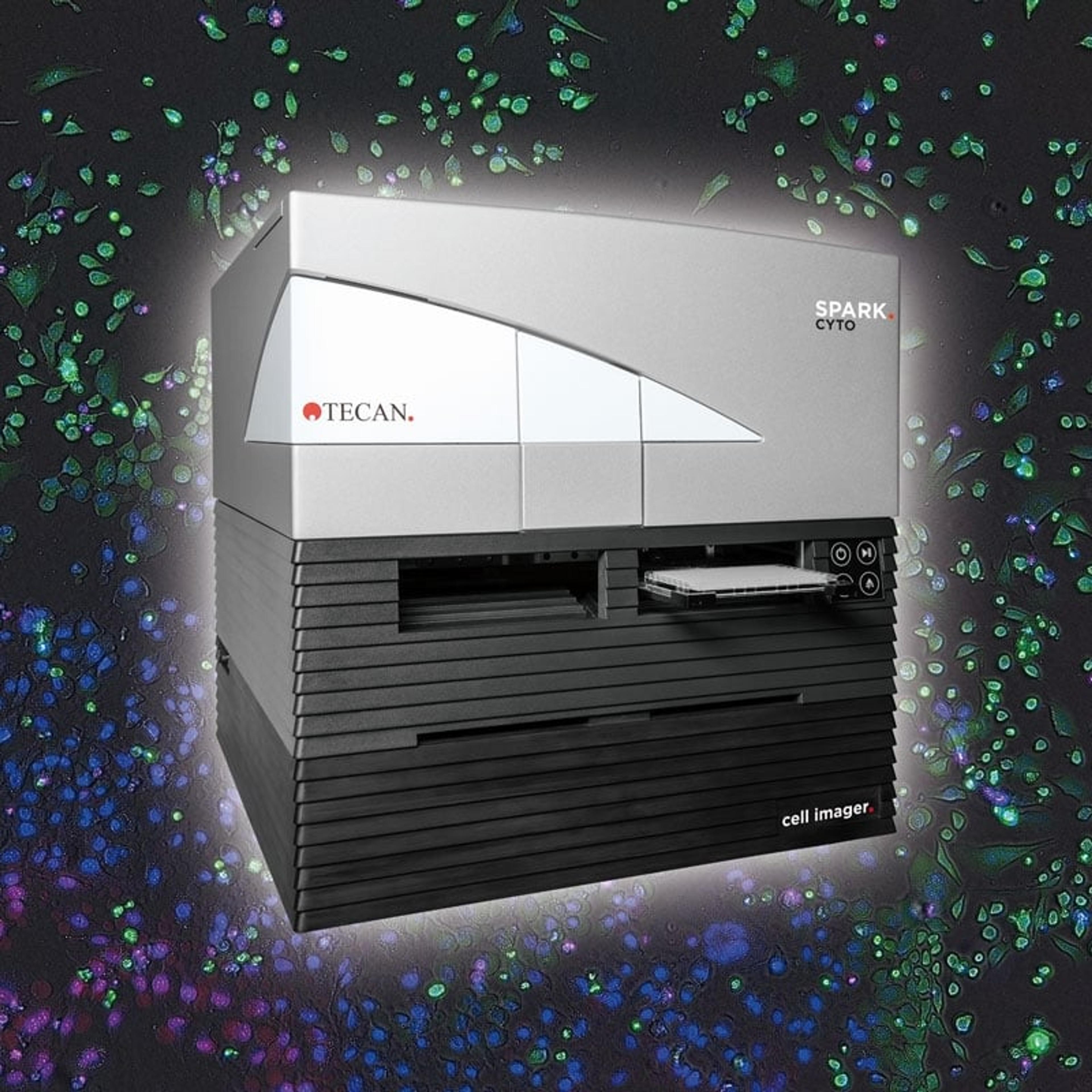Pancreatic cancer-derived organoids and multimodal plate imaging to predict drug responses
Register for this webinar to discover how pancreatic cancer-derived organoids can be used as a predictive tool for personalized medicine
26 May 2020

Pancreatic cancer is a deadly malignancy with few treatment models. Monolayer cell culture has failed to predict patient drug responses in the past. In response to this, a patient-derived organoid (PDO) methodology has been developed that enables the generation of models, from both surgically resected material and biopsies, with a success rate of 75-80%. These cultures enable the molecular dissection of treatment responses and resistance.
In this webinar, Dannielle Engle, assistant professor at Salk Institute and Christian Oberdanner, senior application scientist of Tecan Austria, will discuss the use of the Tecan Spark® Cyto to evaluate drug responses in PDO models. Given the diversity observed amongst pancreatic cancer patients and the PDO models, dynamic measurements provide additional flexibility and information for precision medicine approaches.
Register Now
In this webinar, you will
- Discover how pancreatic cancer patient-derived organoids can be used as a tool for personalized medicine
- Explore the remaining challenges of therapeutic testing in human patient-derived organoids
- Learn how multiplexing analysis of organoids can be established using a multimode plate reader with imaging capabilities
- Find out how automated confluence assessment is applied for longitudinal analysis in organoid pharmacotyping
Who should attend:
- Professional groups: Ph.D. students, post-docs, general investigators, senior scientists, lab-heads
- Research areas: cell biology, tumor biology, oncology, pancreatic cancer research (in particular), organoid / spheroid biology
- Technologies of interest: imaging, live-cell imaging, confluence assessment, luminescence detection, organoid generation
The live webinar and Q&A session will take place on Monday, June 15, at:
- 16:00 BST
- 17:00 CEST
- 08:00 PDT
- 11:00 EDT
Register to watch the full webinar>>
SelectScience runs 3-4 webinars a month across various scientific topics, discover more of our upcoming webinars>>

